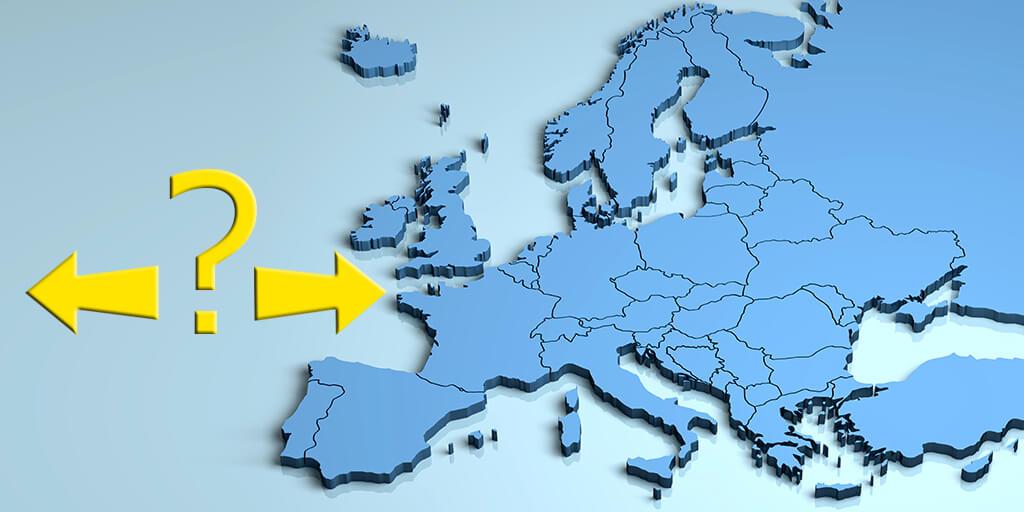
Is Democracy Dying in Europe?
Democracy has been hailed as the savior of civilization by many. History indicates that democracies have been wealthier and, generally, more politically stable than many other forms of government. Across Europe, democracy is seen as a fundamental value of European culture in the modern era. But the winds of change are blowing, and many do not view democracy with the respect it once held—especially European youth.
Headlines tell part of the story, as autocratic leaders are on the rise. Politico reports on a poll that highlights just how far the views of Europe’s youth diverge from that of older generations (May 21, 2024). Poll participants were asked how supportive they were of democracy versus other forms of government like dictatorships and military rule. The survey findings were sobering in light of the history and future of Europe. In Germany, only 38 percent of those “aged 18 and up are consistent supporters of democracy. In France, the number stands at a paltry 27 percent, while Italy and Poland clock in at less than 45 percent.” Survey results are particularly sobering when comparing young people to their parents and grandparents. “For example,” Politico reports, “in Germany, just 21 percent of Generation Z and millennials said they consistently support democracy compared to 66 percent of those aged 70 and up. In Poland, meanwhile, only around one quarter of 18 to 29-year-olds showed consistent support for democracy.”
What does this mean for Europe’s future? As older members of society age and die, they are being replaced by young people with more extreme perspectives. This could drastically affect future elections in Europe. Europe is changing and so is European democracy. To learn more about the future of Europe and the changes that will occur, read “Shadows Over Europe.”



